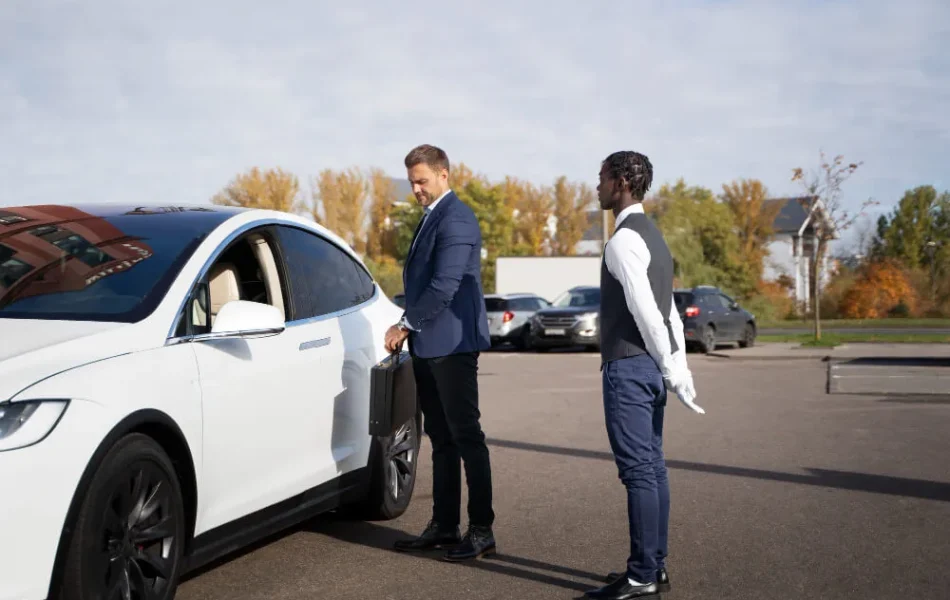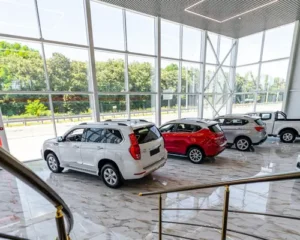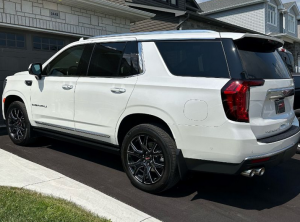3. Avoiding the Hassle of Shopping for a New Car: Sometimes, the convenience of keeping the same vehicle outweighs the appeal of getting a new one. If you’re not ready to go through the process of selecting, test-driving, and negotiating for a new car, a lease-end buyout can save you time and effort.
When to Walk Away: 1. High Buyout Price: If the buyout price is higher than the car’s current market value, it’s usually not worth it to purchase the vehicle. You’d be overpaying for a car that you could potentially buy for less elsewhere.
2. Expensive Repairs and Maintenance: If the vehicle has been problematic or is nearing the end of its warranty, you might want to consider the potential costs of repairs and maintenance. Leasing a new car might be more cost-effective than dealing with an aging vehicle’s upkeep.
3. Better Leasing or Buying Options Available: The automotive market is constantly changing, and there may be better deals available on newer models. If you’re not particularly attached to your current vehicle, it might be worth exploring other options.
Conclusion: Deciding whether to opt for a lease-end buyout depends on a mix of financial, personal, and practical considerations. By evaluating the vehicle’s market value, your attachment to the car, and the potential for future costs, you can make an informed decision that best suits your needs.





